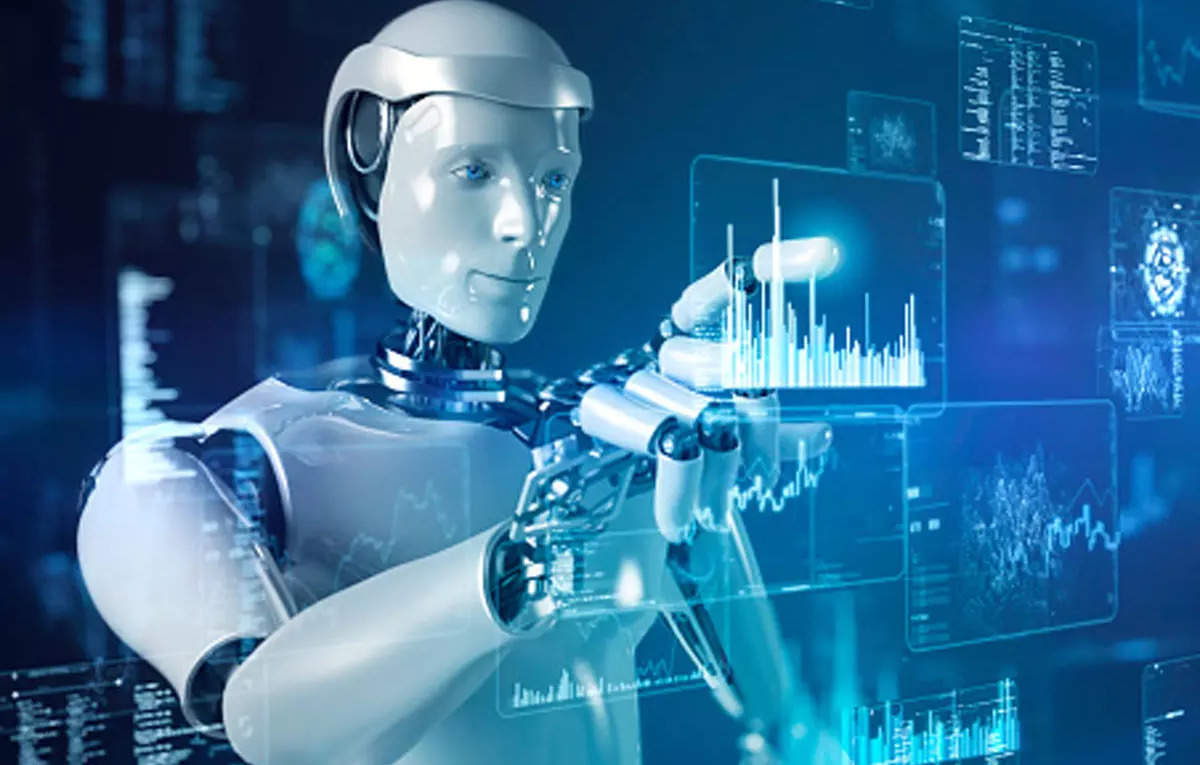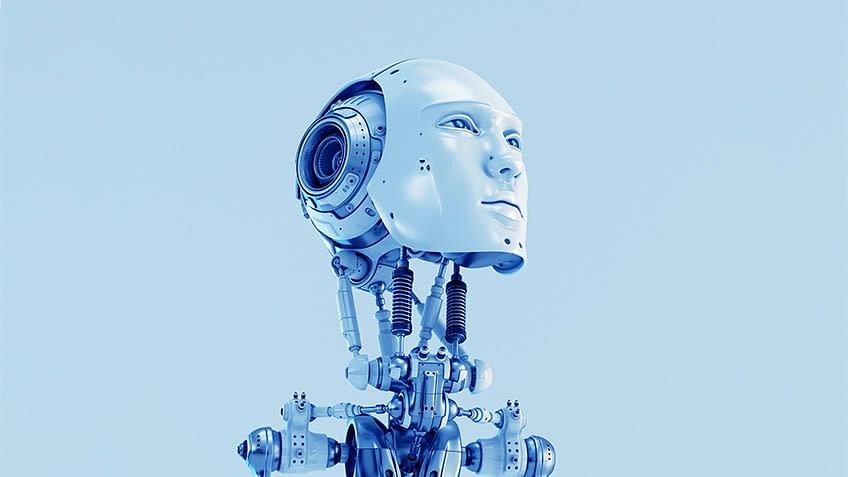Artificial Intelligence (AI) is transforming nearly every aspect of our lives, and its impact on coding and programming languages is profound. From streamlining development processes to enhancing code quality and even creating entirely new programming paradigms, AI is reshaping the way we write, understand, and interact with code. In this article, we'll explore the manifold ways in which AI is revolutionizing coding and programming languages, and delve into the implications for developers, businesses, and society as a whole.
1. Automating Repetitive Tasks:
One of the most immediate benefits of AI in coding is its ability to automate repetitive tasks. This includes mundane activities like code formatting, refactoring, and bug fixing. AI-powered tools can analyze vast amounts of code, identify patterns, and suggest improvements, saving developers countless hours of manual labor. For instance, tools like Microsoft's IntelliCode use machine learning models to offer context-aware code completions, significantly speeding up the coding process.
// Example of AI-powered code completion with IntelliCode
function calculateArea(radius) {
return Math.PI * radius * radius;
}2. Enhancing Code Quality:
AI algorithms can detect errors and vulnerabilities in code more efficiently than humans. By analyzing code syntax, semantics, and even execution patterns, AI-powered tools can identify potential bugs, security vulnerabilities, and performance bottlenecks. This not only improves the reliability and security of software but also reduces the time and effort required for debugging. Companies like DeepCode and CodeAI are leveraging AI to provide automated code reviews and identify potential issues before they manifest in production environments.
// Example of automated code review with DeepCode
function calculateArea(radius) {
// Potential bug: missing Math.pow function
return Math.PI * radius * radius;
}3. Natural Language Programming:
Natural Language Processing (NLP) techniques enable developers to interact with computers using human language, making programming more accessible to a broader audience. AI models like OpenAI's GPT have demonstrated remarkable capabilities in understanding and generating code from natural language descriptions. This opens up possibilities for developers to express their intentions in plain English and have AI systems generate corresponding code snippets, accelerating development cycles and lowering the barrier to entry for programming novices.
// Example of code generation from natural language description with GPT
function calculateAreaOfCircle(radius) {
return Math.PI * radius * radius;
}4. Code Generation and Synthesis:
AI-powered code generation tools can automatically generate code based on high-level specifications or requirements. By leveraging techniques like neural architecture search and reinforcement learning, these tools can explore vast search spaces to find optimal solutions for specific tasks. This is particularly useful in domains like software prototyping, where developers need to quickly generate functional code based on abstract requirements. Research projects like Google's DeepCoder and GitHub's Copilot showcase the potential of AI in synthesizing code from high-level descriptions or partial implementations.
// Example of code synthesis with GitHub Copilot
function calculateAreaOfCircle(radius) {
return Math.PI * Math.pow(radius, 2);
}5. Personalized Learning and Skill Development:
AI-driven platforms can personalize learning experiences and provide targeted feedback to developers, helping them acquire new skills and improve their coding proficiency. By analyzing individual learning patterns, strengths, and weaknesses, these platforms can tailor educational content, exercises, and assessments to meet the unique needs of each learner. This adaptive learning approach not only accelerates skill acquisition but also fosters continuous improvement and mastery in coding and programming languages.
6. Improving Collaboration and Knowledge Sharing:
AI technologies facilitate collaboration among developers by automating code documentation, knowledge sharing, and collaborative coding practices. Tools like GitHub's CodeSpaces leverage AI to provide cloud-based development environments with built-in collaboration features, allowing developers to work together seamlessly regardless of their geographical locations. Furthermore, AI-powered code recommendation systems can suggest relevant libraries, frameworks, and code snippets based on contextual information, promoting knowledge sharing and best practices within developer communities.
7. Predictive Analysis and Decision Support:
AI algorithms can analyze large codebases, version control repositories, and development workflows to extract insights and provide decision support for software engineering tasks. By predicting code changes, estimating development efforts, and identifying potential risks, AI systems can help project managers and team leads make informed decisions and allocate resources more effectively. Additionally, AI-powered analytics tools can track key performance indicators (KPIs) related to code quality, developer productivity, and project success, enabling organizations to optimize their software development processes continuously.
Conclusion:
In conclusion, artificial intelligence is revolutionizing coding and programming languages in unprecedented ways, offering transformative benefits for developers, businesses, and society at large. By automating repetitive tasks, enhancing code quality, enabling natural language programming, and fostering personalized learning, AI is empowering developers to build better software faster and more efficiently. As AI technologies continue to evolve, we can expect even greater advancements in coding and programming languages, paving the way for a future where creativity and innovation thrive in the digital age.
</

